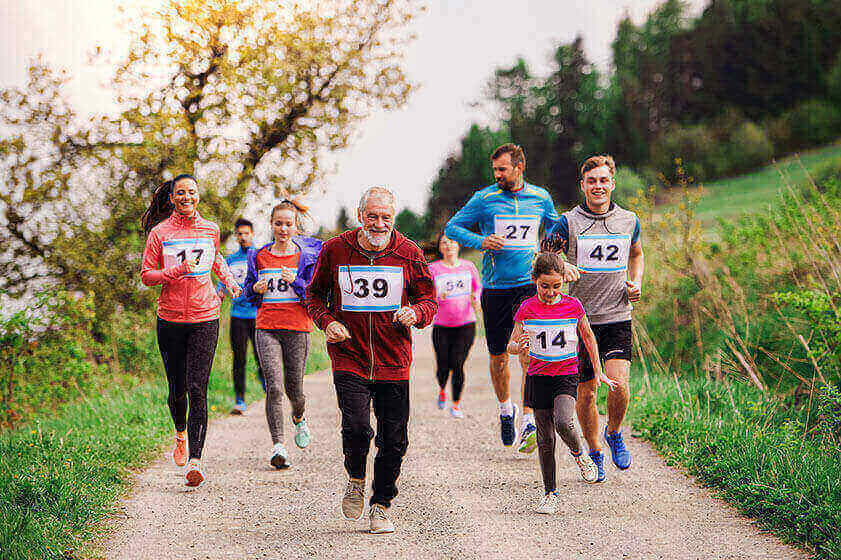Almost 13.8 million older adults live alone according to the National Institute on Aging. This is reflective of how many individuals want to maintain their independence even in old age. However, it is important that their being alone is not leading to feelings of loneliness or a lack of social life. There are many benefits to socialization that can not only improve a person’s quality of life but also alleviate the detrimental impact of isolation. This is why encouraging your aging parents to have a social life is important.
Importance of Socialization
In the first place, why is it important to even remain social? The thing is that humans are inherently social animals and studies have found that we are more likely to function better when we are living in a community or doing things with other people. This does not mean that you have to be constantly surrounded by many people but to have that ability to tap on a social support system whenever needed.
When people grow older, the risk of isolation increases due to several factors. For example, the death of a close friend, spouse, or family member, chronic health conditions, disability, and even adjusting to their children moving away.
Health Hazards from Social Isolation
For older adults, this social aspect has additional health benefits. When they are constantly in contact with others, studies have shown that there is reduced physical deterioration and improved mental health. In fact, people with social lives are more likely to have health concerns like Alzheimer’s Disease, depression, coronary artery disease, hypertension, and even cardiac behavior. This can stem from the fact that excessive loneliness has been associated with behaviors like smoking, inactivity, and drinking.
Mental Health Benefits from Socialization
With regards to mental health, older adults are a particularly vulnerable group as they are already at risk of negative emotions following any medication conditions or chronic illness. In fact, depression has been shown to have an especially worse impact on older individuals, possibly even raising their mortality rates.
Socialization has been shown to be an effective way to improve a person’s mental health as more socialization has been associated with healthy behaviors, such as exercise, mental engagement, and even better eating habits.
Ways to Increase Socialization
It is a natural tendency to be less active or to have a smaller social circle as we age. For example, it is easier to stay at home and read or watch TV instead of heading out to a party or exercise with their friends. This means that a certain level of proactivity or intervention is required in order to push your loved one to make that first step.
One easy way to fill the gap is to consider senior-specific activities like walking groups, hobby groups, and initiating regular video calls and conferences with their friends and family. In fact, older adults are able to maintain the same life experiences and hobbies so long as they have adequate support. Alternatively, opting to live in a retirement community allows them easy access to exclusive senior living programs and closer proximity to others who are in the same life stages.







